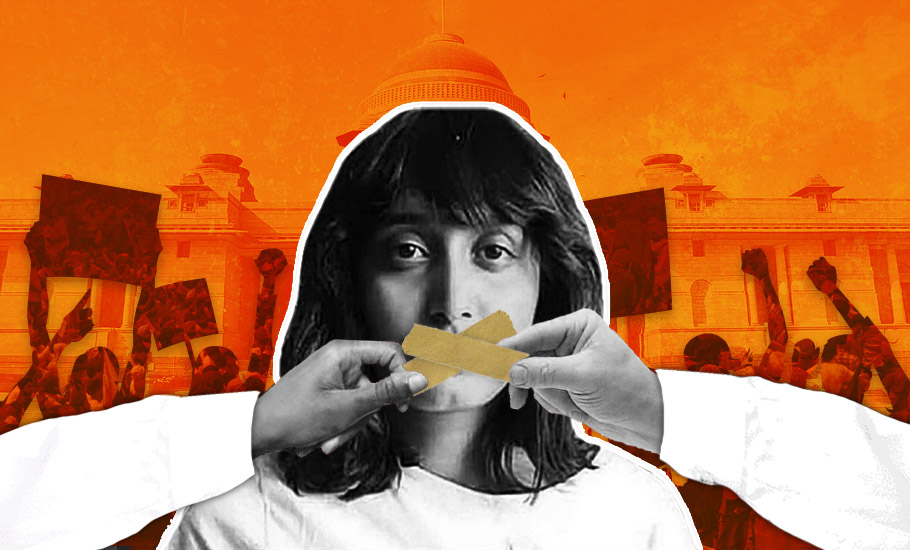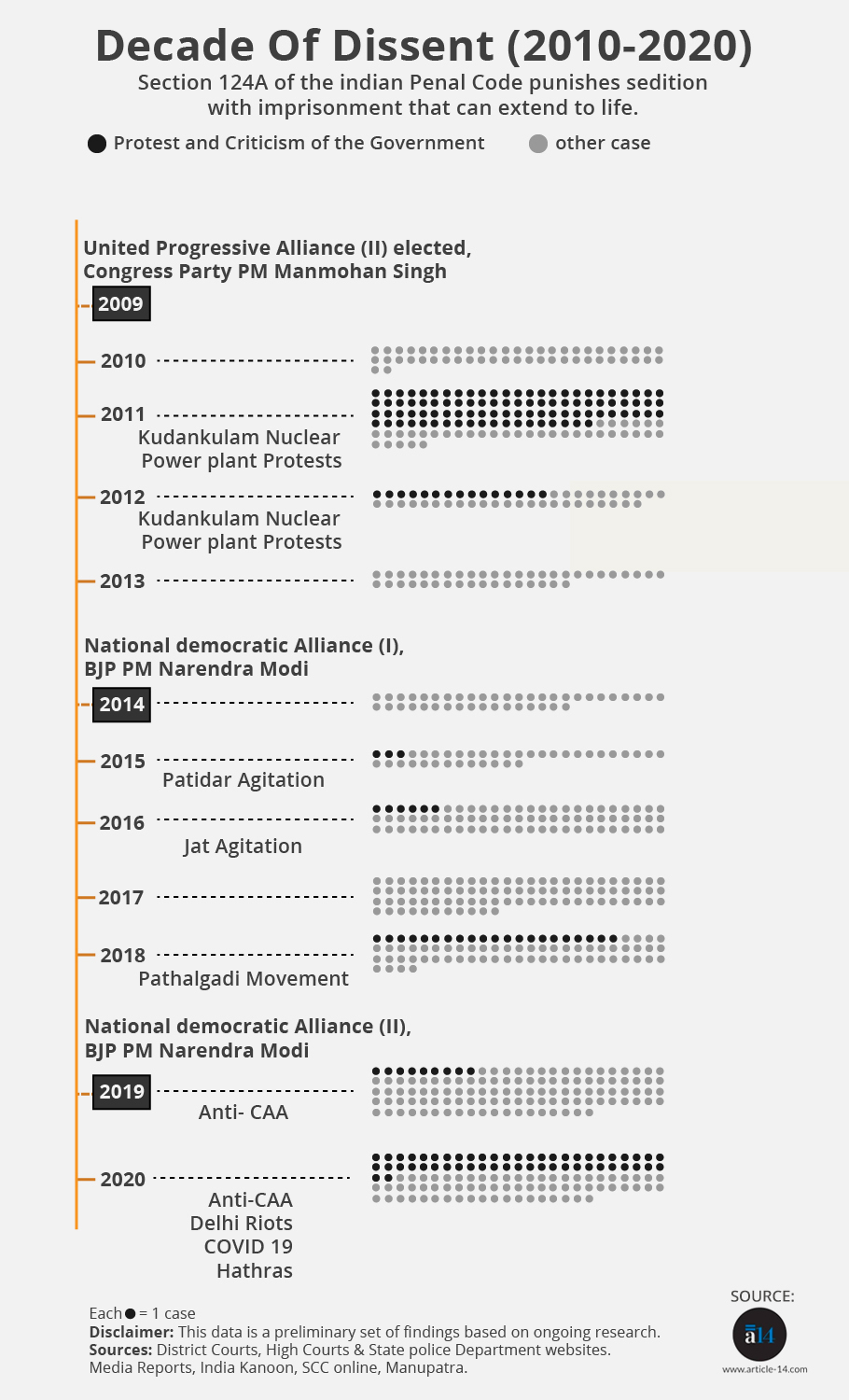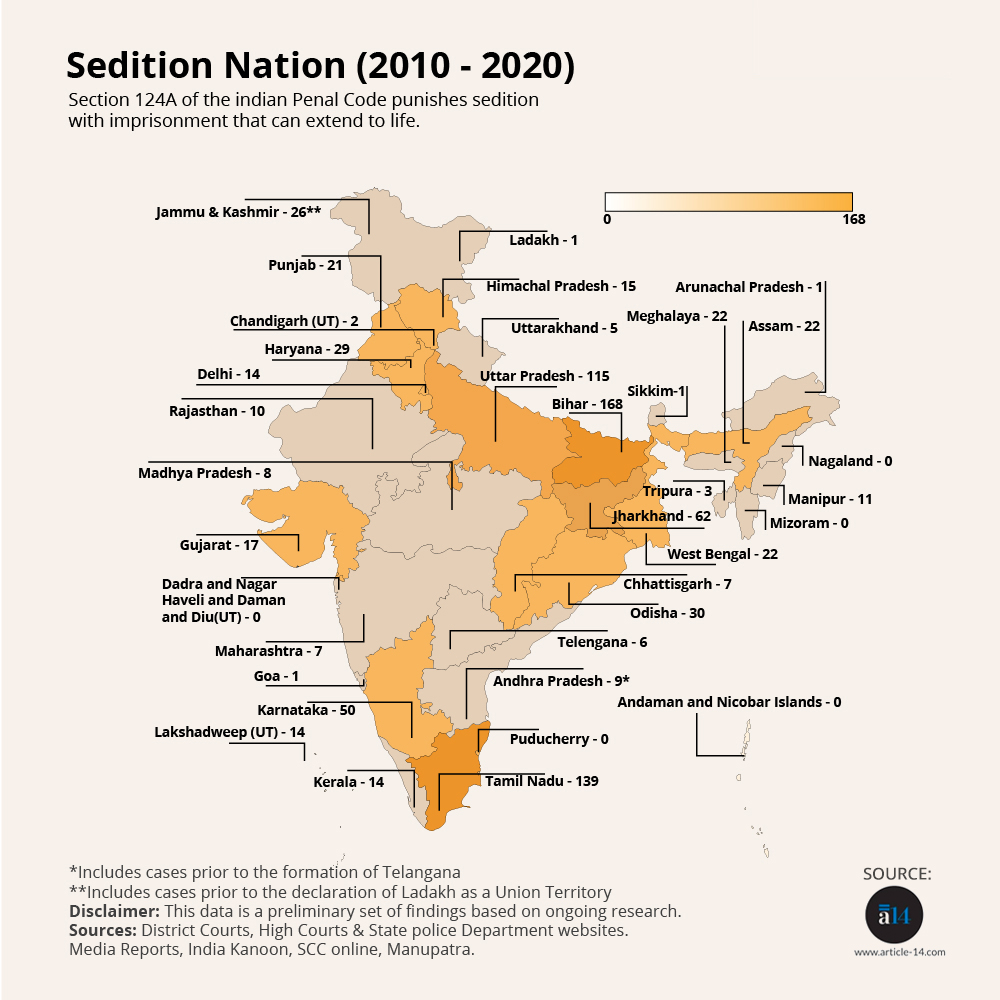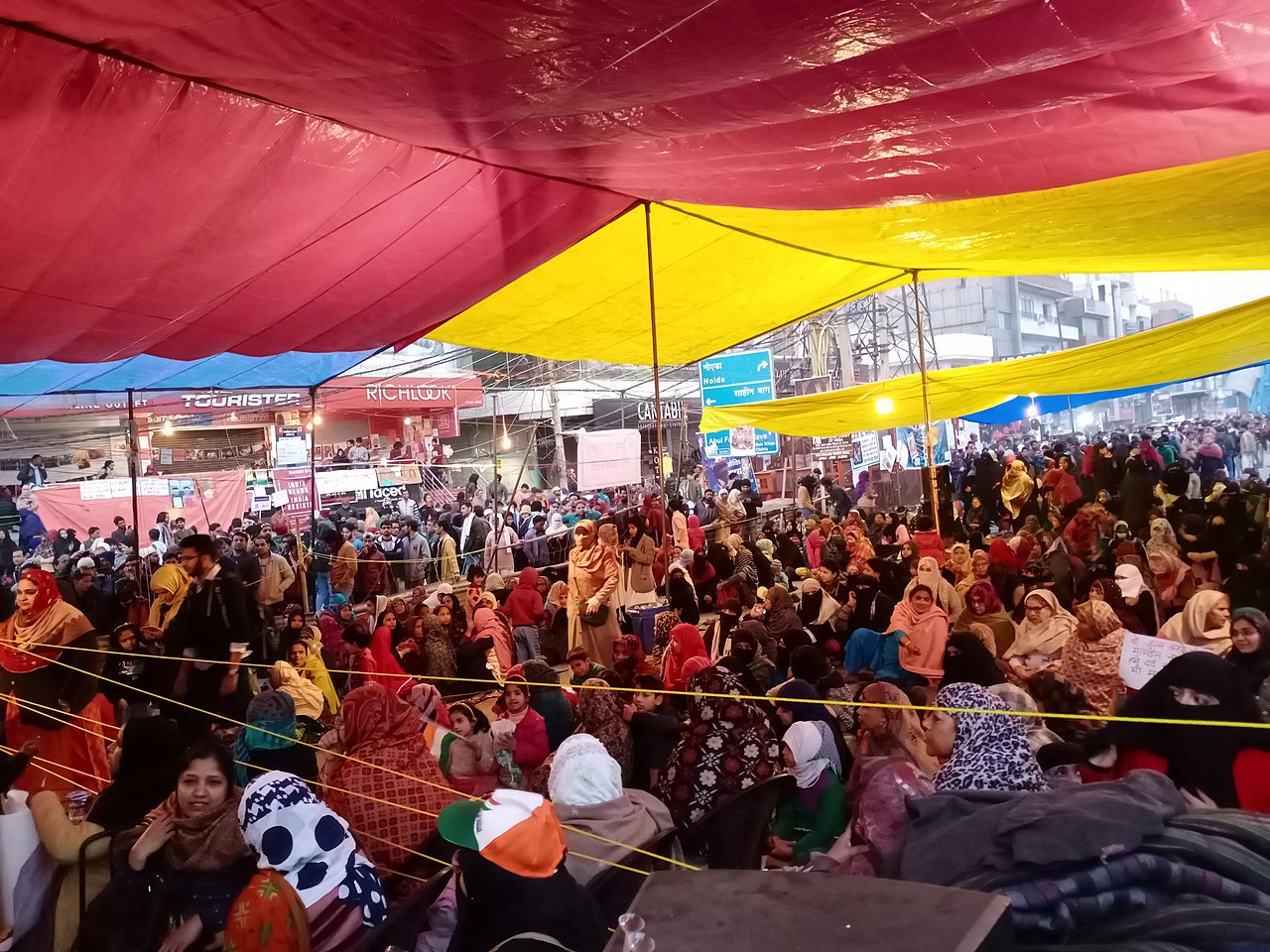
- Home
- India
- World
- Premium
- THE FEDERAL SPECIAL
- Analysis
- States
- Perspective
- Videos
- Sports
- Education
- Entertainment
- Elections
- Features
- Health
- Business
- Series
- In memoriam: Sheikh Mujibur Rahman
- Bishnoi's Men
- NEET TANGLE
- Economy Series
- Earth Day
- Kashmir’s Frozen Turbulence
- India@75
- The legend of Ramjanmabhoomi
- Liberalisation@30
- How to tame a dragon
- Celebrating biodiversity
- Farm Matters
- 50 days of solitude
- Bringing Migrants Home
- Budget 2020
- Jharkhand Votes
- The Federal Investigates
- The Federal Impact
- Vanishing Sand
- Gandhi @ 150
- Andhra Today
- Field report
- Operation Gulmarg
- Pandemic @1 Mn in India
- The Federal Year-End
- The Zero Year
- Science
- Brand studio
- Newsletter
- Elections 2024
- Events
- Home
- IndiaIndia
- World
- Analysis
- StatesStates
- PerspectivePerspective
- VideosVideos
- Sports
- Education
- Entertainment
- ElectionsElections
- Features
- Health
- BusinessBusiness
- Premium
- Loading...
Premium - Events

The law and logic behind rising sedition cases in Modi era

The Patiala House Court in Delhi last week granted bail to 22-year-old Disha Ravi, arrested in connection with the farmers’ protest “toolkit” case and charged with sedition. The court observed that it did not find any palpable reason to deny bail considering the scanty and sketchy evidence on record. “Citizens are conscience keepers of government in any democratic nation. They cannot...
The Patiala House Court in Delhi last week granted bail to 22-year-old Disha Ravi, arrested in connection with the farmers’ protest “toolkit” case and charged with sedition. The court observed that it did not find any palpable reason to deny bail considering the scanty and sketchy evidence on record.
“Citizens are conscience keepers of government in any democratic nation. They cannot be put behind the bars simply because they choose to disagree with the state policies,” additional solicitor general Dharmender Rana observed.
The bail order quoted from the judgment in Niharendu Dutt Mazumdar v. Emperor AIR 1942 to say that the “offense of sedition cannot be invoked to minister to the wounded vanity of the governments”.
“Difference of opinion, disagreement, divergence, dissent, or for that matter, even disapprobation, are recognised as legitimate tools to infuse objectivity in state policies. An aware and assertive citizenry, in contradistinction with an indifferent or docile citizenry, is indisputably a sign of a healthy and vibrant democracy,” the Court noted.
Delhi Police had arrested Ravi from Bengaluru on February 13, alleging she and two others—Mumbai-based advocate Nikita Jacob and an engineer Shantanu Muluk, against whom warrants were issued—were key conspirators in the creation and dissemination of the toolkit which was alleged to be anti-national. They booked them under the 151-year old draconian sedition law used by colonial governments.
Jacob and Muluk were given transit bail by the Bombay High Court while Disha was jailed. Advocates had even highlighted the procedural lapses in her arrest.
As per the police, the toolkit contained anti-India content, and that Disha and two others acted on the behest of pro-Khalistani organisations which sought to create violence on Republic Day in Delhi.
A toolkit, simply put, is a campaign information document that explains a cause or issue and identifies approaches to address the issue.
In the present case, the activists collaborated to address the farmers’ issue by providing information about petitions, details about protests, and so on.
The activists were exposed when international teenage climate activist Greta Thunberg shared on Twitter, a toolkit that had their names.
Rise in sedition cases
Lately, police across the country have been booking cases against citizens for raising voice against the government and its policies. Among those booked include opposition politicians, journalists, activists, students, authors and academicians.
Between 2010 and 2020, nearly 11,000 individuals in 816 cases were booked on sedition charges under section 124A of the Indian Penal Code (IPC). Of this, nearly 65% of these cases were implicated since 2014 after Prime Minister Narendra Modi assumed office, according to a sedition database tracker by Article-14.com, a digital media publication.

Besides, as per the sedition tracker, 149 people were accused of making “critical” and/or “derogatory” remarks against Modi and 144 against Uttar Pradesh (UP) chief minister Yogi Adityanath.
Many of these cases stemmed from mass protests. It includes people charged during Kudankulam protests in 2010 under the UPA regime, Patidar and Jat agitations in 2015 and 2016 respectively, Pathalgadhi movement in Jharkhand in 2018, anti-CAA protests, Delhi riots in 2019 and 2020.
In several cases, the police failed to file the chargesheet within the prescribed 90-day period, resulting in several accused getting bail without reference to the merits of the case.
Besides, even if chargesheets were filed, the police failed to submit relevant evidence to prove the sedition charges. According to National Crime Records Bureau (NCRB) data, only a handful of them get convicted in these cases.
For instance, in two of three prominent cases filed last year during the anti-CAA protests in Karnataka last year—against Amulya Leona (Bangalore) and three Kashmiri students (Hubbali)—for allegedly raising pro-Pakistan slogans, the police failed to file the chargesheet on time and the accused were granted bail.
The department suspended Hubballi Rural Police Station Inspector Jackson D’Souza on charges of dereliction of duty for not filing the chargesheet on time in the Kashmiri students’ case. The Kashmiri students spent nearly 112 days in jail before being granted bail. The Hubballi Bar Association had even tried to disrupt lawyers from filing bail applications for the accused. The Court later warned them of criminal proceedings and asked them to change their stance.
In another case, in north Karnataka’s Bidar district, the police booked and arrested a school’s headmistress and a student’s mother on charges of sedition after a video of students acting in a satirical play criticizing the government over the CAA, went viral on social media. The police interrogated school children under the age of 15 and left the 11-year-old (whose parent was arrested) in a state of shock and under the care of neighbours.
A year on, the police are yet to file the chargesheet.
BJP MP Bhagwant Khuba, RSS leader B L Santhosh, Home Minister Basavaraj Bommai and several other MLAs from the saffron party defended the police action and said everything was done in accordance with the law.
The court however granted them bail after they spent two weeks in prison without reason. The police are still investigating the videos to prove sedition.

Targeted attack
Advocate Prasanna Rajashekarappa, one of the lawyers who argued pro-bono in the Kashmiri students and Amulya’s case, said the governments are trying to silence those who raise their voice using sedition charges. “There’s a huge gap between what the law states on what constitutes an offense and what is applied in practice. The police seem to go by the perception and not facts,” Rajashekarappa says.
He notes that the manner in which these people were arrested and treated shows the targeted vilification and victimisation. “They are harping on the prejudiced views against certain communities. Since some of the activists are articulate about their view against the government, they want to silence them,” he says.
Doesn’t stand in courts
Various courts have pulled up the police for not providing sufficient evidence in such cases, causing embarrassment to their department. But their quest to book cases at the behest of the ruling BJP government has only increased despite such rulings.
Back in 2016, the Bengaluru police filed a sedition case against the international Human Rights Organisation Amnesty India over allegations that anti-India slogans were raised at one of its events. The police booked them based on a complaint from Akhil Bharatiya Vidyarthi Parishad (ABVP), the student wing of RSS. They even raided their offices soon after.
But in 2017, the police filed a “B report” finding no evidence to prove the sedition charges. Three years later, a local court ordered the charges to be dropped.
“This was a case that should never have been registered. It has been a waste of public money and resources, and a distraction from real issues. The ruling vindicates everything that Amnesty India has said from the time this politically-motivated complaint was filed,” Aakar Patel, ex-Head of Amnesty India, had said.
“We were branded ‘anti-national’ and criminalised simply for seeking justice for human rights violations.” But now they are forced to shut operations in India following “reprisal” from the government.

In 2019 Kerala High Court while acquitting five persons convicted by a special court of National Investigation Agency for allegedly organising a banned outfit, Students Islamic Movement of India in 2006, observed that the NIA court erred in its judgment as there was no evidence to prove sedition.
The accused were booked for organising a meeting on the subject ‘Role of Muslims in Indian independence’ and allegedly making incriminating speeches against the Indian Army.
The court held that the alleged speeches may be malicious but do not constitute sedition. The court said that merely making statements against the government of India, or the military will not become sedition.
However, even if police reduce filing sedition cases, the damage has been done to activism, some observers believe.
Expressing concerns following the arrest of Disha Ravi, Nagraj Adve, a member of Teachers Against the Climate Crisis (TACC), says it would affect the climate movement in the country, with students, NGOs, and activists now treading a cautious approach.
He says in the last few years people came on the streets with clear demands and spoke against development projects that affected the environment. “Today, all the youngsters talk with fear. Remember these are school going youngsters and not experienced activists,” Adve says.
“Different perspectives ought to flourish. And people have the right to articulate that perspective and support peaceful protests. Perspectives and point of view cannot be criminalised, no matter what one’s perspective is,” he adds.
